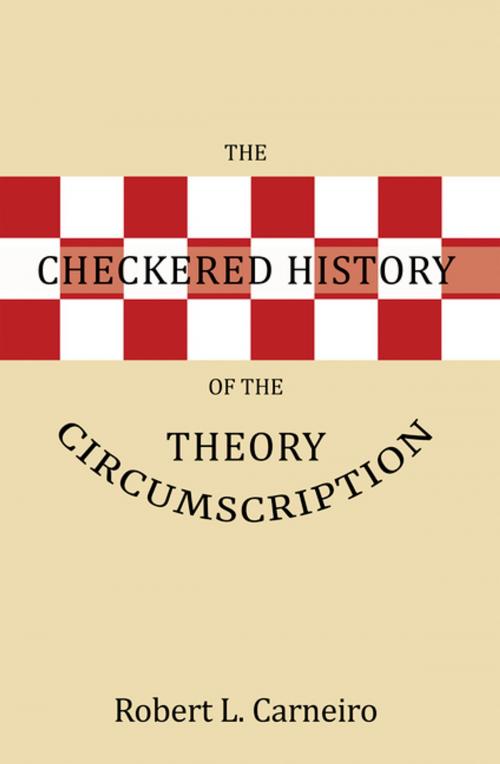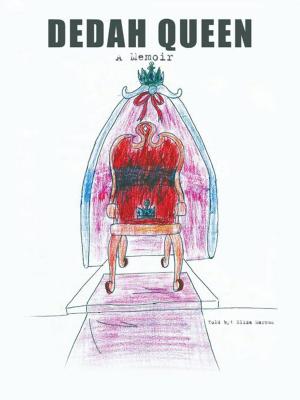The Checkered History of the Circumscription Theory
Nonfiction, Social & Cultural Studies, Social Science, Anthropology| Author: | Robert L. Carneiro | ISBN: | 9781546239956 |
| Publisher: | AuthorHouse | Publication: | May 19, 2018 |
| Imprint: | AuthorHouse | Language: | English |
| Author: | Robert L. Carneiro |
| ISBN: | 9781546239956 |
| Publisher: | AuthorHouse |
| Publication: | May 19, 2018 |
| Imprint: | AuthorHouse |
| Language: | English |
The greatest of cultural achievements, from the Taj Majal to Beethovens 9th symphony, could never have been produced, or even dreamt of, except in a society organized on a state basis. Had people continued to live in small, autonomous communities, as they had for the first two million years of human existence, such achievements would have remained well beyond their capabilities. Thus the form of organization known as the state was one of the most momentous attainments in human history. Yet most theories tracing this development, from the tiniest villages to large and complex states, remain unsatisfactory. The invention of agriculture and the production of food surpluses have been seen as essential to this development but they were not enough. Some means had to be invoked enabling the surmounting of local autonomies and the creation of multi-community political units, first chiefdoms and eventually states. And since societies, no matter how small, do not give up their sovereignty voluntarily, they had to be coerced into doing so through the agency of war. But warfare only under special conditions, those specified by the Circumscription Theory. This theory, now the leading anthropological theory of early state formation, is not only described in detail in this book, but is also accompanied here by an accountnever before toldof the theorys curious and convoluted history.
The greatest of cultural achievements, from the Taj Majal to Beethovens 9th symphony, could never have been produced, or even dreamt of, except in a society organized on a state basis. Had people continued to live in small, autonomous communities, as they had for the first two million years of human existence, such achievements would have remained well beyond their capabilities. Thus the form of organization known as the state was one of the most momentous attainments in human history. Yet most theories tracing this development, from the tiniest villages to large and complex states, remain unsatisfactory. The invention of agriculture and the production of food surpluses have been seen as essential to this development but they were not enough. Some means had to be invoked enabling the surmounting of local autonomies and the creation of multi-community political units, first chiefdoms and eventually states. And since societies, no matter how small, do not give up their sovereignty voluntarily, they had to be coerced into doing so through the agency of war. But warfare only under special conditions, those specified by the Circumscription Theory. This theory, now the leading anthropological theory of early state formation, is not only described in detail in this book, but is also accompanied here by an accountnever before toldof the theorys curious and convoluted history.















